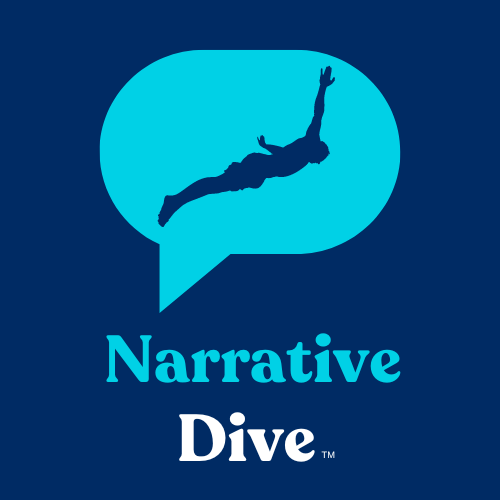Jessica Buchleitner sits down with Marla Sofer to unpack the complex narratives surrounding personal finance that begin with parentally instilled beliefs and end with a crowded financial services ecosystem often too confusing for the average consumer to navigate. Marla shares her journey to founding Knomee, a financial wellness platform that offers the tools to understand your unique financial identity, and her insights on breaking free from limiting beliefs while using money for personal growth and impact. She highlights how to take charge and leverage an important digital age tool – our personal data – to set financial goals that will lead to more fulfillment via the right advisors.
About Marla Sofer
Marla Sofer, Founder and CEO of Knomee, is a financial services and fintech executive, founder of two women’s networks driving change and inclusion in corporations, frequent speaker on topics related to the future of financial services, wealth, and asset management, startup advisor, 2020 Woman of Silicon Valley, 2021 Woman in WealthTech to Watch, and proud mom, and wife. She led partnerships quantified in billions of dollars at J.P. Morgan and BlackRock before leaping into fintech in 2015 to improve customer experiences. Her experiences at Microsoft, Carta, Invesco, Xignite, and Lending Club influenced her decision to create a solution that would improve personal financial wellness and enable financial services companies to better serve their customers and prospects.

